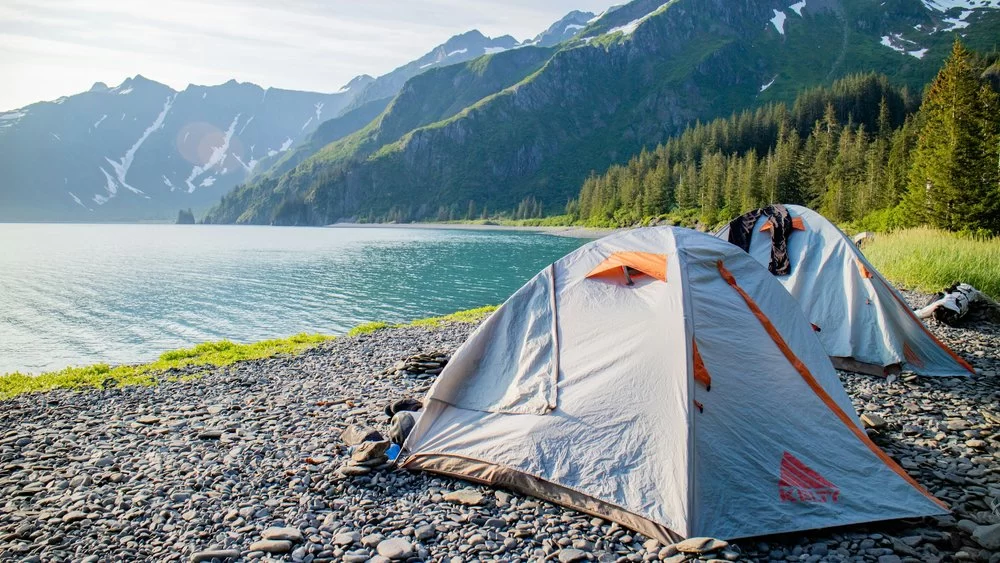Discover how to enjoy camping with minimal impact on the environment with these eco-friendly tips. Learn sustainable camping practices to reduce your environmental footprint and enjoy nature responsibly while exploring the great outdoors.

How to Enjoy Camping with Minimal Impact on the Environment: Eco-Friendly Tips for Outdoor Adventures
- Why Sustainability Matters in Camping
- Eco-Friendly Camping Gear and Essentials
- Reducing Waste While Camping
- How to Camp Sustainably: Best Practices
- Respecting Nature and Wildlife During Camping
1. Why Sustainability Matters in Camping
Camping is a wonderful way to connect with nature, but it also carries the responsibility of minimizing our impact on the environment. By following sustainable practices, we can ensure that future generations will continue to enjoy the beauty of the outdoors. When you plan a trip, understanding the importance of eco-friendly camping helps to preserve ecosystems, wildlife, and natural landscapes.
For instance, hiking in Bali's lush forests or camping near Mount Rinjani in Lombok can offer pristine views, but improper camping can damage delicate ecosystems. It’s essential to recognize that every action you take, from waste disposal to choosing where to camp, can have long-lasting effects. Making small changes in how we camp ensures that these stunning environments are preserved.
2. Eco-Friendly Camping Gear and Essentials
Using eco-friendly camping gear is one of the most effective ways to reduce your environmental footprint. Here’s how you can choose the right equipment for your next adventure:
- Reusable Water Bottles: Instead of single-use plastic bottles, bring a reusable water bottle to stay hydrated while reducing plastic waste.
- Biodegradable Soap and Toiletries: Opt for biodegradable soap and natural toiletries that won’t harm the water sources or ecosystems around your campsite.
- Solar-Powered Equipment: Solar-powered lanterns and chargers are great for reducing reliance on disposable batteries and minimizing energy use.
- Eco-Friendly Camping Stoves: Choose stoves that use sustainable fuel sources, such as biogas or wood, rather than those that rely on non-renewable resources.
3. Reducing Waste While Camping
Reducing waste is one of the most impactful ways to minimize your environmental impact while camping. Here are some strategies to help you leave no trace:
- Pack Out All Trash: Always carry a trash bag and pack out everything you bring, even biodegradable waste that might not decompose in the environment.
- Leave No Trace: Avoid leaving items like food wrappers, cans, or plastic packaging behind. Opt for reusable containers to store your food and snacks.
- Composting: If camping for an extended period, consider composting organic waste rather than leaving it behind, which can attract wildlife and disrupt the ecosystem.
4. How to Camp Sustainably: Best Practices
Camping sustainably means making thoughtful choices throughout your trip. Here are some best practices to follow:
- Choose Established Campsites: Stay at designated campsites rather than setting up in pristine areas to avoid damaging the natural habitat.
- Follow Local Guidelines: Many regions have specific rules to protect their ecosystems, such as fire bans or restrictions on collecting wood. Adhere to these rules to minimize your impact.
- Use Eco-Friendly Fire Practices: If you plan on having a fire, use an established fire pit, and only burn dead wood. Avoid using fire-starting chemicals and bring your own wood if necessary.
5. Respecting Nature and Wildlife During Camping
Camping also provides the opportunity to experience wildlife and nature up close, but it’s essential to do so responsibly. Here’s how to respect the animals and environment during your camping adventure:
- Keep a Safe Distance from Wildlife: Avoid approaching or feeding animals, as this can disrupt their natural behaviors and lead to dangerous encounters.
- Don’t Disturb Plant Life: Stay on established trails and avoid picking plants or disturbing the environment. This helps preserve the delicate balance of natural ecosystems.
- Minimize Noise Pollution: Keep noise levels down to avoid disturbing wildlife and other campers. It’s important to enjoy the natural sounds of the environment.
Enjoying camping with minimal impact on the environment is not only possible but also incredibly rewarding. By choosing eco-friendly practices, you’re helping to protect the very places you love. Ready to plan a sustainable camping adventure? Click here to explore more tips and book your next trip with Pine Cliff Resort for an eco-conscious getaway!
Yogi Bear's Jellystone Park Camp-Resort: Tyler, TX
5583 FM Rd 16, Tyler, TX 75706, USA
Visit Location PageRush Valley Campsite
Utah, USA
Visit Location Page